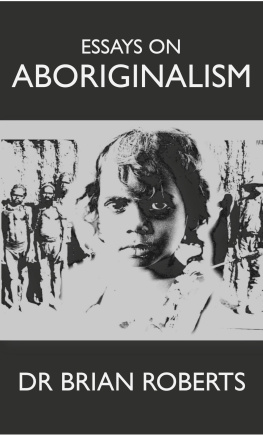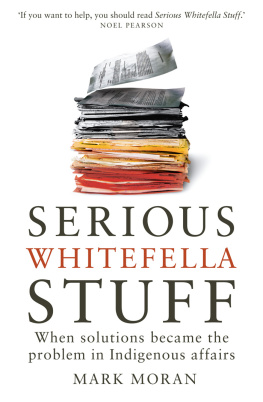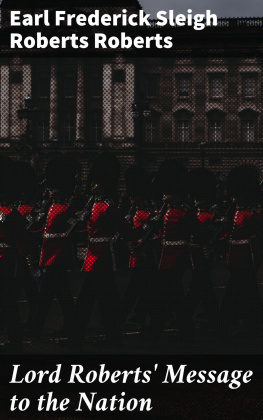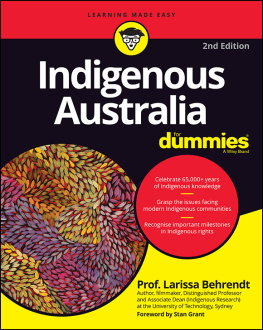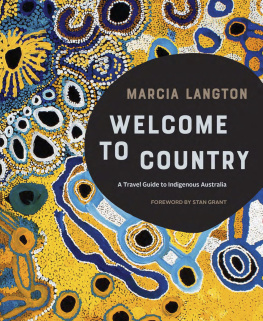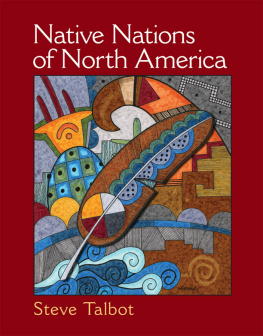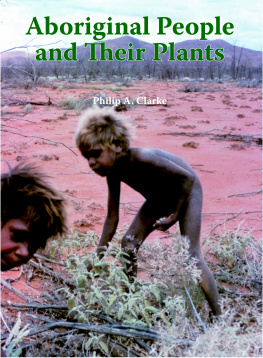
I read Whitefella Dreaming with great interest, finding it exceptionally clear-minded and full of suggestive ideas and parallels. I fear the times are not welcoming towards free thought, and many of the notions Dr Roberts has advanced that seem most worthwhile to me, are in the category of present day Australian heresy. I am struck by the way that modern experts tend not to recognise the ways in which they re-enact colonial patterns of engagement.
Nicolas Rothwell, award-winning author
Dr Roberts views are very broadly balanced because he cares both professionally and personally. His concern for the realism of management of culture in the future to continue to be authentic is genuine; for people of all cultures to manage their issues and cultural knowledge in the way their profound learnings have taught them. True culture brings balance in a way that our children of the future can feel free, affected by their cultural learning in a positive way, with great pride and dignity, that will always have a genuine fit within our changing world because as Australians we are one and, we are many. Thank you always for your genuine caring through the important and clear messages within your big picture presentations. It would be sad if Indigenous students and staff did not study your positive, balanced Indigenous texts.
Jeannie Aileen Little, Gaarkamunda OAM
Brian has done us a great favour with his latest offering of essays on Aboriginal affairs. It is refreshing to read writing straight from the heart, without any axe to grind or agenda to push. He not only gets you thinking, but thinking in new ways. And new ways of thinking on Aboriginal affairs is precisely what we need.
Dr Anthony Dillon, Australian Catholic University
Dr Roberts has an extraordinary capacity to grasp and hold onto the big picture while conducting a forensic examination of every facet of the Aboriginal debate. He writes with empathy to distinguish between the urban Aborigines and those who remain isolated and basically culturally unchanged, while highlighting the difficulties the Aboriginal cause has in speaking with one voice for Constitutional change, recognition, equity and advancement.
Alec Lucke, Road to Exploitation: Political Capture by Mining in Queensland
ABOUT THE BOOK
WHITEFELLA DREAMING: ESSAYS IN SEARCH OF BLACKFELLA TRUTHS is Dr Brian Roberts second collection of essays challenging Australias Indigenous policies. He sets the record straight on the evolution of intelligent species, Indian and Mungo ancestors, and the serious divide between Indigenous traditionalists and modernists, exemplifying Philip Roberts, a Northern Territory ambulance driver and Elder as an individual successfully integrating two worlds. Noel Pearson and Marcus Waters are compared as torchbearers for opposing worldviews on Aboriginal traditionalism. An in-depth study of Sovereignty, explores two very different scenarios of an Aboriginalia nation north of latitude 16.
Dr Roberts long experience of academia shines through in the chapters on Indigenous Studies and the pitfalls of what Professor Marcia Langton sees as potential refuges from reality within Indigenous Centres. He acknowledges the dire need for health, education, housing and justice in Aboriginal communities, but recognises the far-reaching effects of fundamentalism on three neglected modern policy areas: Separatism, Tribal Identity and Elder Governance.
Raised alongside tribal people, and a refugee from apartheid, Dr Roberts writing might be considered offensive by some but is offered in the spirit of contributing a factual basis to the Australian racial non-debate.
ABOUT THE AUTHOR
Professor Emeritus Brian Roberts has lived half his life in South Africa and half in Australia. An agricultural ecologist by profession, he has a passion for sustainable land use while his highly developed social conscience has led to decades of research into tribal peoples rights and responsibilities. Recognised as The Father of Landcare he was awarded the Order of Australia in 1998, having earlier won the South African Community Service Medal for his work in rural soil conservation. He was the founding president of the Soil and Water Conservation Association of Australia, Organising Chairman of the Ninth International Rangeland Congress and has held professorships at three universities.
Professor Roberts chaired the Lower Balonne Advisory Committee on water sharing, the Queensland Rural Fires Council, the Queensland Freshwater MAC and the Nathan Dam Community Committee on Dawson River Water Supplies. As a senior member of the Cape York Peninsula Land Use Strategy and convenor of CSIROs Water Quality Joint Venture team in North Queensland as Adjunct in Environmental Studies at James Cook University, he contributed to mainstream and Indigenous community conservation projects. He is a member of the National Conservation Advisory Committee and the Queensland Sheep and Wool Research Committee. Much of his recent writing has been published in Quadrant Online. He is the author of 13 books, many book chapters and numerous journal articles since 1956. As a member of ANUs Fundamental Questions program he produced the seminal paper Land Ethics: A necessary addition to Australian Values (1984).
WHITEFELLA DREAMING: ESSAYS IN SEARCH OF BLACKFELLA TRUTHS
DR BRIAN ROBERTS
Dedicated to Jean Little nee Ling who, despite the official buring down of her Mapoon home and church to allow mining to proceed, spreads unconditional love to all who know her.
PREFACE
The job of the writer is to comfort the afflicted and to afflict the comfortable.
Finley Dunn
The variable nature of individuals aspirations and experiences has led to a serious rift in aspirations and goals within the Aboriginal community of Australia. In essence the major divide centres on the role of culture and the implications of separatism for the future Aboriginal contribution to the Australian nation. The chapters of this compilation seek to compare values and facts in four broad spheres of Aboriginal studies: the contribution of Indigenous academics; clarification of origins as a factual base for identity; an analysis of present and future status and values of those who choose to self-identify as First People by whatever name; and the role of Spirituality in grounding, belonging and valuing life and Country.
Having examined many literature sources which are used in Indigenous studies at Australian universities, it became clear to the author that Aboriginal students were unlikely to develop an open and questioning approach to their ancestry and culture. This imbalance results from the tendency for teaching staff to be traditionalists rather than modernists. The former place high value on Indigenous identity, customs, ceremony and tradition. The latter place higher value on mainstream lifestyle, open-minded tolerance of cultural difference and universal humanitarian norms. The essential development of the intellectual contest of ideas has somehow gone missing in this cohort of students. As a result, healthy scepticism, enquiry and challenge to the received wisdom comes a very poor second to the narrower traditional view of the past and future. The readings in this compilation, written over a period of 10 years, will hopefully contribute to a more mature assessment of alternative futures for disadvantaged Indigenous Australians.
The contents of these writings are influenced by the authors experience in several universities and his decades-long study of Aboriginal policy, notably in Cape York but also in northern Australia and southern cities. This work builds on three previous reports on Overcoming Disadvantage and on Jeans Story, a first-hand account of the challenges faced by Aboriginal post-graduates.


